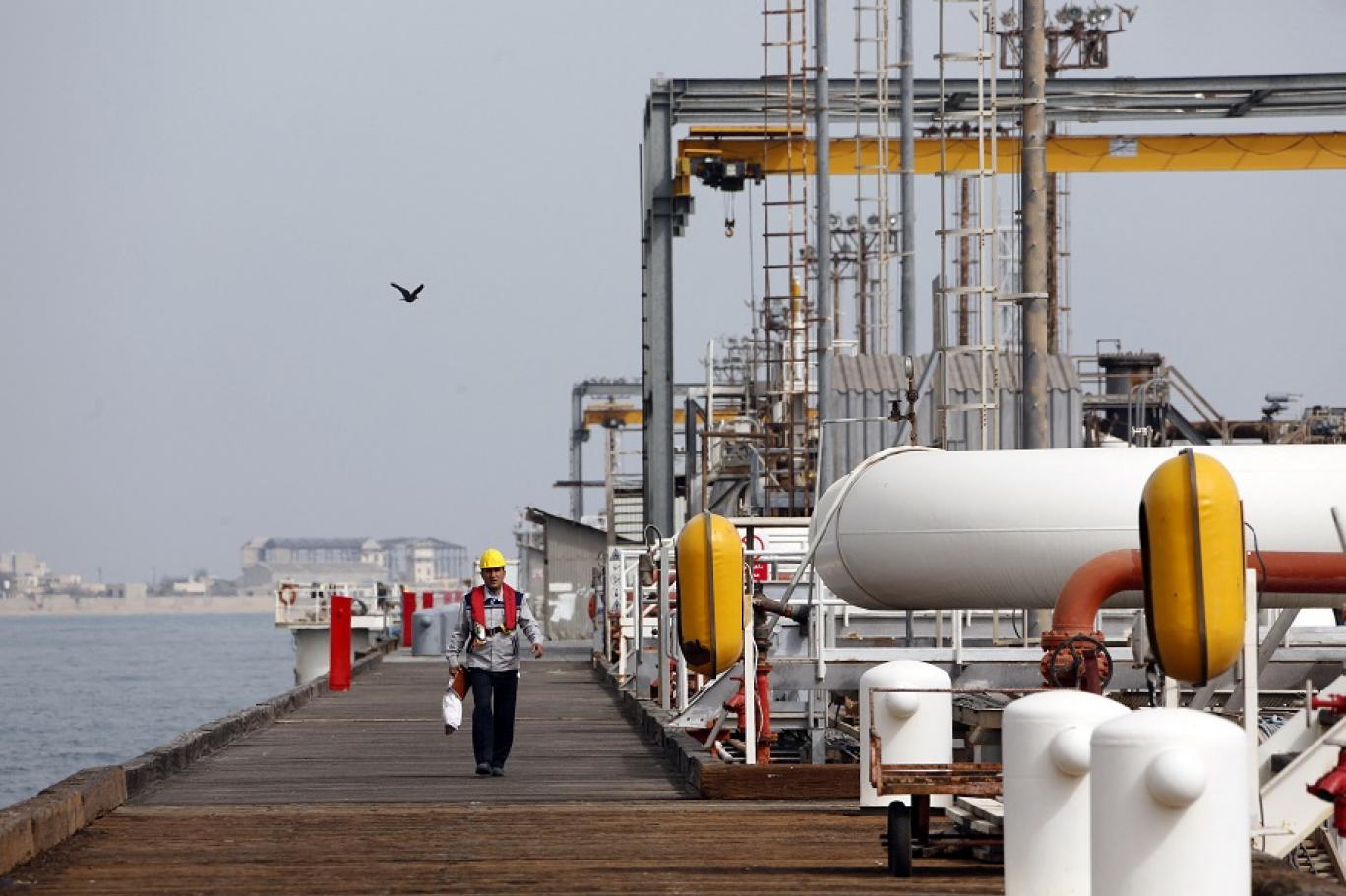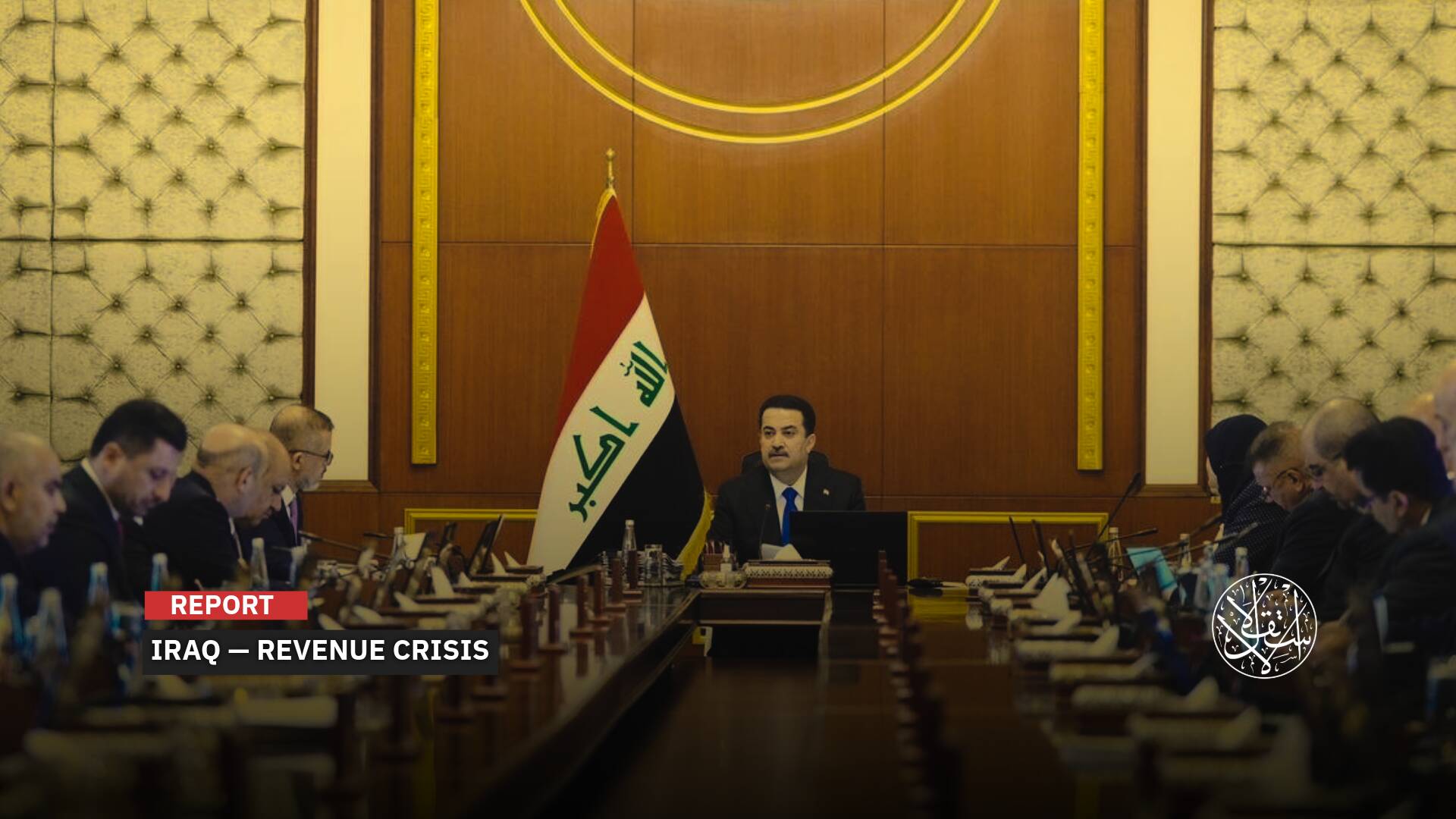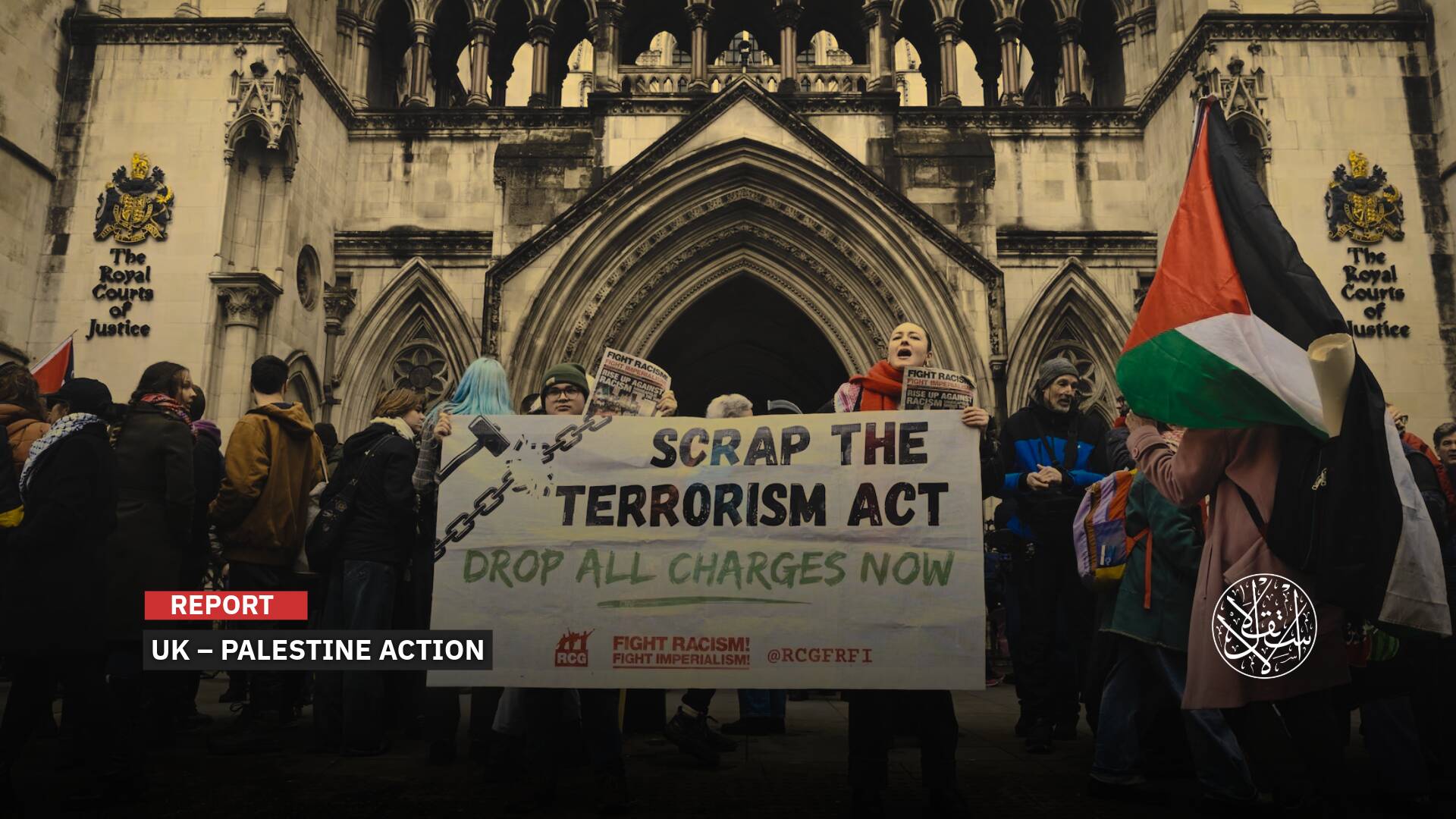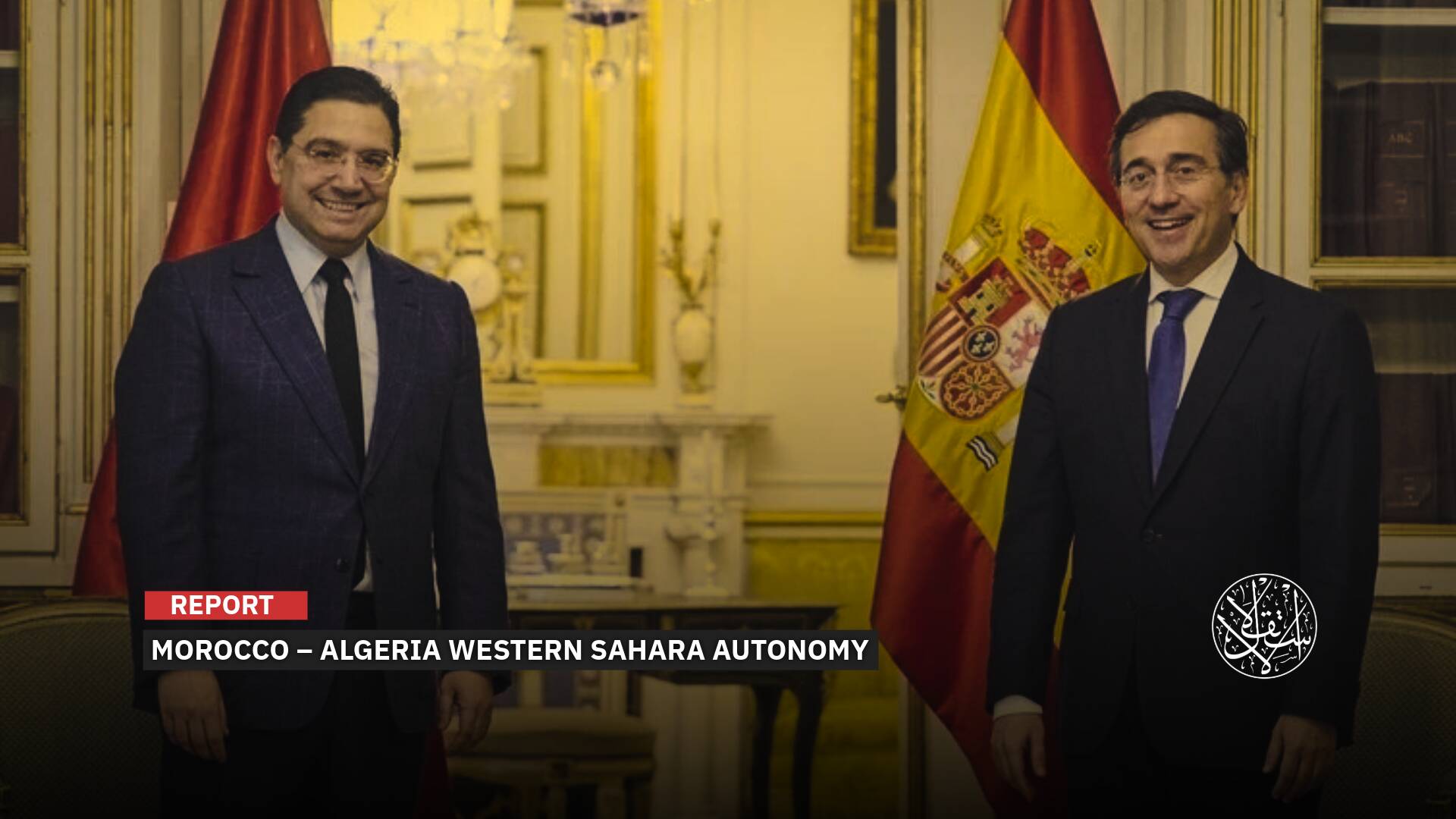After Syria, a Russian-Iranian Conflict Over Fuel Exports to Lebanon

At a time when Lebanon is suffering from a fuel crisis, its politicians are afraid of making up for that shortage from Iran, to not be subjected to US sanctions, which makes Russian fuel an urgent alternative to them.
Iran's quest to enter the Lebanese fuel market collides with Russia’s ambition to conclude deals with the Lebanese government, and Moscow's desire not to reach Tehran to the Mediterranean, according to an Iranian vision.
The Iranian writer, Arash Junouni, through an article on the Farsi Radio Farda website, discusses the fuel crisis in Lebanon and its relationship with Iran, as well as the trade agreements that would be established in this regard.
He raised several questions about Russia's relationship with this file, and the extent of Moscow's desire to drop Iran from the Lebanese plans, and about how it benefits from the hydrocarbon crisis commercially.
Arash, at the beginning of his article, monitored the fuel shortage crisis in Lebanon, pointing out that the Lebanese queuing for a long time in front of gas stations has become part of their daily life.
He indicated that the statements of the Secretary-General of the Lebanese "Hezbollah", Hassan Nasrallah, and a tweet by the Embassy of the Islamic Republic in Beirut, drew attention to Tehrane's tendency to enter the Lebanese oil market.
Towards Lebanon
Nasrallah recently announced that if the Lebanese government did not abide by its "responsibilities" in the Iranian oil imports, Hezbollah leaders would head to Tehrane to negotiate with the Iranian government in this regard.
Iranian government spokesman, Ali Rabiei, announced Iran's determination to strengthen its trade relations with Lebanon, and said: "Everyone is aware of the capabilities of the Islamic Republic in the energy security field, and we are always interested in creating new markets, Lebanon can also create new markets for us."
Without going into details, he said: "Whenever the economic demands are appropriate for us, we discuss them seriously."
At a time when Nasrallah announced, several times, about Hezbollah's inclination to import fuel from Iran; America objected.

Iranian fuel imports are also feared by the Beirut government, as it takes into account the sanctions against Iran, and the possibility of complicating its economic situation more than before with fuel imports from Tehrane.
On the other hand, Iran believes that the entry of its oil tankers to the coasts of Lebanon does not need America's permission, perhaps according to the model of its relations with Venezuela and Syria, as both Lebanon and Iran are subject to US sanctions.
According to this Iranian perception, Tehrane could create a new market for itself in Lebanon, which seems to be reluctant to accept Iran's proposals.
Lebanese Rejection
The Iranian writer said that his country occupies the fourth place in the world's oil reserves, explaining that in the seventh decade of the 20th century, oil refining plants were established next to pipelines in Deir al-Zahrani in southern Lebanon.
He continued: "Also Al-Badawi station near the city of Tripoli in northern Lebanon," explaining that "these stations were destroyed in the Lebanese civil war (1975-1990), and therefore they are not active anymore.
Lebanese media reported that in 2010, Tehran proposed to Beirut rebuilding its refineries, and that the Lebanese government rejected the proposal.
However, Iranian officials repeated the same proposal to the Lebanese government again in 2016, after the conclusion of the nuclear agreement with America in the Austrian capital Vienna, but to no avail.

The Lebanese Ministry of Energy, announced in July 2021, that it "has not received any request nor any permission from any official or special department for Iranian oil imports."
Some of Lebanon's political leaders have rejected cooperation between Iran and Lebanon in the field of oil and fuel.
US Sanctions
The Lebanese politician and head of the "Lebanese Forces" party, Samir Geagea, described Nasrallah's proposal for fuel imports from Iran as "unrealistic."
He said that such action would put private and government Lebanese companies under US sanctions.
Geagea indicated that the current Lebanese government is in the hands of Nasrallah, stressing that such a proposal will be followed by "cutting off political relations" with Lebanon, accusing Hezbollah of intending to "eliminate the last economic pillar of Lebanon after the destruction of all the pillars."
Lebanese, via social media, also criticized Nasrallah's proposal to import oil from Iran.

An expert in oil and energy affairs, Laurie Haytayan, told Al Arabiya, Saudi Arabia: "Large quantities of Iranian gasoline have been stored in oil tankers at sea, and Nasrallah's proposal is a kind of marketing to sell this oil."
He explained that "90 percent of the oil derivatives import market in Lebanon is at the disposal of a special department, and the state controls only 10 percent of the imports of this strategic commodity."
He believes that "based on this, it is logical for private companies to be more careful."
Russia Is An Alternative To Iran
The Iranian writer said: "It seems that any proposal by Hezbollah regarding Iranian oil imports to Lebanon will be rejected until the time of the signing of the possible agreement to revive the nuclear agreement."
Meanwhile, press reports were published about the smuggling of fuel from Iran to Hezbollah.
Reuters news agency said on April 16, 2021, that Hezbollah is about to prepare stores for the fuel reserves that entered from Iran, noting the possibility of a complete collapse of the Lebanese economy.
The writer made it clear that Hezbollah will not be able to confront the fuel shortage crisis spreading in this way, and for the same reason it did not pay attention to Iran, and relied on Russia.
He stressed that the Lebanese Hezbollah, a few months ago, officially sent a committee to Moscow for the first time since 2011.
No news was spread about Hezbollah's negotiations with Russian leaders in the field of energy, and it was announced that this trip was related to the Syrian crisis, especially since Russia and Hezbollah support the Bashar al-Assad regime in Damascus.

An official Russian committee recently went to Lebanon, and the Lebanese media reported the relationship of the two trips to each other.
Al-Manar TV network, which is linked to Hezbollah, confirmed that the Russian committee traveled to Beirut to meet with Lebanese officials to present a set of projects, including rebuilding oil refineries in Tripoli and Deir al-Zahrani.
It is exactly the same refineries that Iran was seeking to sign an agreement to rebuild years ago, according to the author.
However, a Russian diplomat told the Beirut edition of L'Orient de Jour, "Moscow is ready to perform its role in Lebanon, when the Lebanese government and political forces demand this."
The Iranian writer commented: "It seems that Russia does not officially recognize Hezbollah, and intends to build extensive relations in all respects with Beirut."
He added that "it wants to obtain the approval of the Lebanese government in particular, and all political forces in Lebanon in general."

Russia, for its part, has expressed its desire to lure Lebanon's officials, as it intends to draw the situation that is causing the crisis between Syria and Lebanon.
By extracting oil from the first and second blocks in northern Lebanon, the long-term disputes between Beirut and Damascus in this area will end, according to the Iranian writer's vision.
Lebanon, which is going through dire economic conditions and an energy crisis, began some time ago in negotiations with Israel, mediated by America, to resolve border disputes and extract gas from the Mediterranean.
The Russian "Capital" company signed a previous agreement with the Syrian government to explore for oil and benefit from Block No. 1 in Syria, and its reserve stock in the eastern Mediterranean.
But Lebanon considers part of it within its own economic zone.
Russia also had a strong control over Bandar Tartus and Latakia in Syria, and considered itself an authority and influence next to Lebanon, as it also obtained important tenders with Lebanon.
The Iranian writer believes that in the current situation, Russia does not want Iran to reach the coasts of the eastern Mediterranean, and to be a partner of Moscow.
The Lebanese media previously acknowledged that Russia rejects Iran's presence in Bandar Tartus and Latakia, and expressed its dissatisfaction with this issue during Bashar al-Assad's travel to Tehrane.
The writer concluded his article by saying: “Some experts believe that after Iran’s defeat by Russia on the Syrian coast, officials in Tehrane are considering investing in Lebanon, as it has greater influence there compared to Russia.
He pointed out that Tehrane could not spend money commensurately with the costs in Syria, and benefit from its existing interests there. It seems that it sees the Russians in Lebanon as a major obstacle to it.










